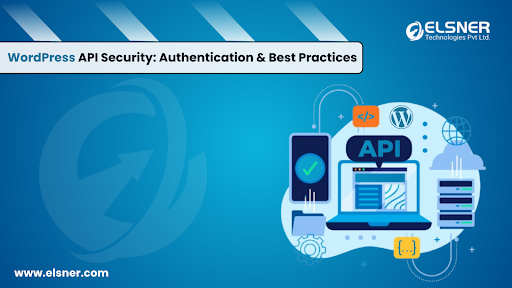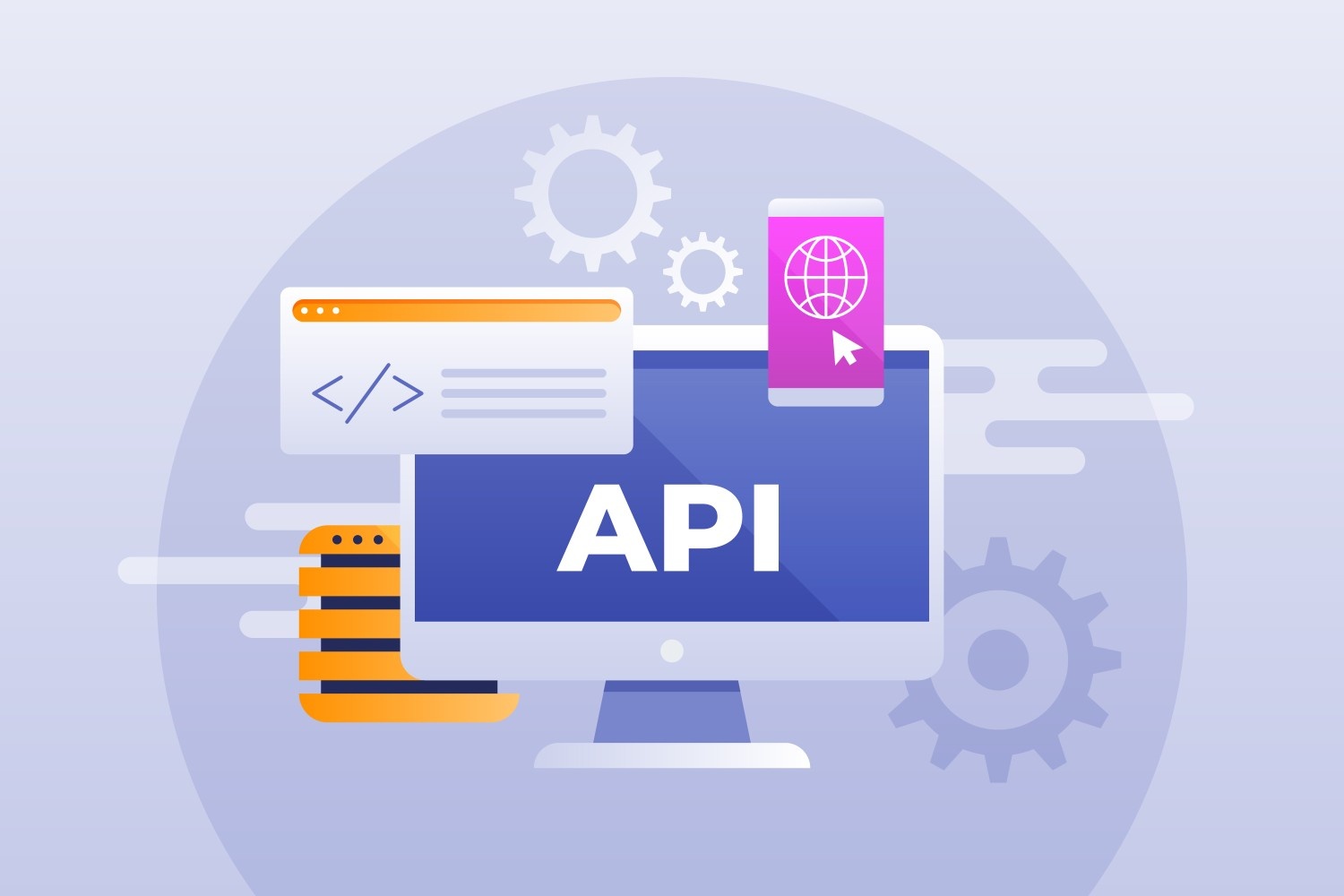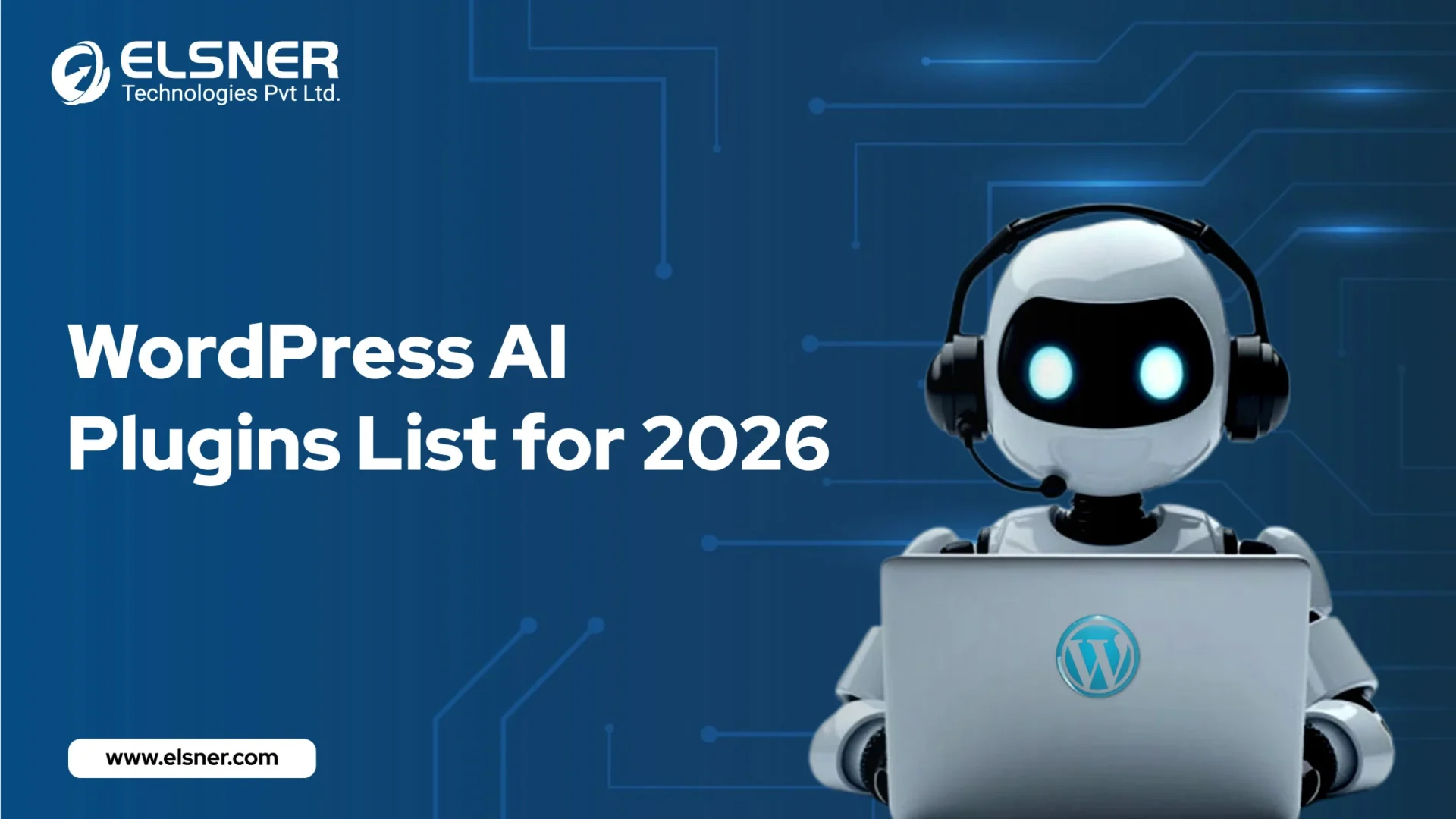- Why API Security Breaks or Makes Your Business?
- Why WordPress Development Services Love API Architecture?
- Most Popular Authentication Methods
- Basic Authentication- Quick but Risky
- Application Passwords – WordPress Gets Smarter
- OAuth 2.0 – The Gold Standard
- Token-Based Security: Modern Solutions for Modern Problems
- JSON Web Tokens (JWT) – Stateless and Scalable
- API Keys and Rate Limiting – Simple but Effective
- Stop Worrying. Start Securing
- WordPress Integration: Doing It Right
- Secure Endpoint Design
- Data Validation and Sanitization
- Error Handling and Logging
- Hire wordpress expert For Advanced Security Implementation
- SSL/TLS Implementation
- CORS Configuration
- Security Headers
- WordPress Plugin Development: Building Secure Extensions
- Maintenance And Monitoring: Hire Dedicated WordPress Developers To Stay One Step Ahead
- Regular Security Audits
- Performance Monitoring
- Update Management
- Working with Development Teams
- When to Bring in the Experts?
- Team Coordination
- Choosing WordPress Development Services
- Security: A Marathon, Not a Sprint
- FAQs
- What’s the most secure authentication method for WordPress APIs?
- How often should API keys and tokens be rotated?
- Can WordPress REST API handle mobile applications?
- How should API versioning work with security updates?
WordPress isn’t a blogging platform anymore. The platform now powers simple portfolios to massive enterprise applications. But what makes WordPress so popular? WordPress’s robust API capabilities opened up incredible possibilities.
Developers could build headless WordPress sites, mobile apps, and complex integrations. But here’s where things get tricky – security vulnerabilities can turn APIs into a hacker’s playground.
In 2024, nearly 7,966 new security vulnerabilities were identified in the WordPress ecosystem—about 22 per day. Of these, 96% were in plugins, 4% in themes, and only 7% were in WordPress core. So, how do you protect your WordPress site from these security attacks? You can hire WordPress expert to help you, but knowing the basics pays a lot!
Why API Security Breaks or Makes Your Business?
Data breaches aren’t just headlines anymore – they’re business killers. For WordPress sites, the stakes might seem smaller, but the damage can be extremely devastating. These are what happens when WordPress gets its API compromised:
- Customer payment data gets stolen,
- Your site crashes unexpectedly
- Within days, you’ll face angry customers
- Potential lawsuits filed against your business, and
- A reputation that’s going down the drain.
Investing in proper API security by hiring a WordPress development company from the start costs much less compared to dealing with a breach later.
Why WordPress Development Services Love API Architecture?
WordPress REST API uses standard HTTP methods and outputs JSON responses. This makes it incredibly versatile – pretty much any programming language can talk to it. But here’s the catch: this same accessibility means every endpoint becomes a potential entry point for attackers.
Most developers love how easy it is to get started with WordPress Integration through APIs:
- The documentation is solid,
- The learning curve isn’t too steep, and
- The community support is excellent.
For a deeper understanding of how the REST API works behind the scenes, check out this helpful guide to the WordPress REST API.
Smart businesses don’t take chances with API security. They partner with a WordPress development company that understands the security implications from day one.
Most Popular Authentication Methods
Basic Authentication- Quick but Risky
This method sends the username and password with every request, encoded in Base64.
Here’s why WordPress development services find basic auth is problematic:
- Credentials fly around with every single request
- Base64 isn’t encryption – it’s just encoding
- One intercepted request equals compromised credentials
- Zero audit trail to track what went wrong
Basic auth works fine for development servers and testing environments. But putting it on a production site? That’s asking for trouble.
Application Passwords – WordPress Gets Smarter
WordPress 5.6 brought application passwords to the table, and they’re a massive improvement over basic authentication. These aren’t your regular passwords – they’re unique strings generated specifically for applications.
Why application passwords work:
- Each app gets its own unique credential
- Revoke access without changing the main passwords
- Track which applications are doing what
- Much lower risk if credentials get compromised
This approach hits the sweet spot for many WordPress Integration projects – secure enough for production, simple enough to implement without headaches.
OAuth 2.0 – The Gold Standard
OAuth 2.0 is a widely recommended protocol that allows secure, delegated access without revealing user credentials. It’s especially useful for applications that need to access user data without compromising security.
While WordPress development services often suggest integrating OAuth 2.0 for enhanced protection, WordPress doesn’t support it out of the box. You can hire WordPress developers to implement it using plugins or through custom development tailored to your specific needs.
This protocol lets users grant access to their data without handing over their actual passwords.
The OAuth Authentication works like this:
- The user says, “I want to give this app access.”
- The system generates a special code
- App trades the codebase for an access token
- API checks the token before serving data
OAuth 2.0 isn’t easy to implement correctly. Most smart organizations hire WordPress developers who specialize in OAuth rather than DIY approaches.
Token-Based Security: Modern Solutions for Modern Problems
JSON Web Tokens (JWT) – Stateless and Scalable
JWT tokens contain all the information needed to verify someone’s identity. Unlike traditional session-based authentication, JWT tokens contain encoded user information and can be validated without database queries.
JWT brings several advantages:
- No server-side session storage needed
- Built-in expiration dates prevent stale tokens
- Works across different domains and services
- Scales beautifully as traffic grows
But JWT implementation needs the expertise of a custom WordPress development company. Tokens need proper signing, validation, and expiration handling. Messing with any of these disrupts its security.
API Keys and Rate Limiting – Simple but Effective
API keys are like VIP passes- they identify who’s making requests and what they’re allowed to do. For server-to-server communication, they’re often the simplest solution that actually works.
Good API key management includes:
- Unique keys for every application or user
- Regular rotation schedules (every 90 days minimum)
- Usage monitoring to spot weird patterns
- One-click revocation when things go sideways
Rate limiting is API key management’s best friend. It prevents abuse, stops DDoS attacks, and keeps servers functioning smoothly.
Stop Worrying. Start Securing
Worried about your WordPress security? We’ll help you build strong API authentication to keep threats out and peace of mind in.
WordPress Integration: Doing It Right
Secure Endpoint Design
Endpoint design should follow the principle of least privilege – only expose necessary data and functionality. Each endpoint must validate user permissions and sanitize input data thoroughly.
Security essentials include:
- Input validation that actually validates
- Output encoding to stop XSS attacks cold
- Prepared statements to prevent SQL injection
- CSRF protection because attackers are sneaky
Data Validation and Sanitization
Trust no input. Ever. Even data that looks innocent can carry nasty payloads. WordPress provides solid sanitization functions, but they only work if developers actually use them.
Many vulnerabilities arise due to common WordPress mistakes—being aware of them helps developers better secure API endpoints from the start.
When you hire wordpress expert, they follow these validation strategies:
- Type checking for every piece of data
- Length limits to prevent buffer overflows
- Content filtering to catch malicious scripts
- Database query sanitization using prepared statements
Error Handling and Logging
Error messages need to be helpful for developers without giving attackers useful information. A good error message tells the developer what went wrong without revealing system internals.
Logging everything isn’t paranoia – it’s smart security practice followed by WordPress website maintenance service. Track API usage, authentication attempts, and anything that looks suspicious.
When something goes wrong (and it will), these logs become invaluable.
Hire wordpress expert For Advanced Security Implementation
SSL/TLS Implementation
Encryption should never be optional. Every API call needs encryption, especially when dealing with authentication tokens or sensitive data during WordPress maintenance and support.
CORS Configuration
Cross-Origin Resource Sharing (CORS) policies determine which domains can access APIs. Get this wrong, and either legitimate users get blocked or attackers get free access.
Security Headers
Security headers are like invisible bodyguards for web applications:
- Content Security Policy blocks XSS attempts
- X-Frame-Options prevents clickjacking
- Strict-Transport-Security enforces HTTPS
- X-Content-Type-Options stops MIME confusion attacks
WordPress Plugin Development: Building Secure Extensions
Custom API functionality belongs in plugins, not core WordPress files. WordPress Plugin Development best practices include:
- Proper activation/deactivation hooks
- WordPress coding standards (they exist for good reasons)
- Configuration options for different environments
- Documentation that actually helps
Complex plugin development often requires specialized expertise. Working with a custom WordPress development company that knows secure API development can save massive headaches down the road.
Maintenance And Monitoring: Hire Dedicated WordPress Developers To Stay One Step Ahead
Regular Security Audits
Security isn’t a “set it and forget it” deal. Regular audits catch vulnerabilities before attackers do. This is where WordPress maintenance and support services earn their keep.
Performance Monitoring
API performance metrics reveal more than just speed issues. Unusual traffic patterns or response times often signal security problems or system issues that need immediate attention. You can hire wordpress expert for performance management.
Update Management
WordPress core, plugins, and custom code need regular updates. Security patches don’t install themselves, and delayed updates are open invitations for attacks.
A solid WordPress website maintenance service handles updates professionally, testing everything in staging before touching production systems.
Working with Development Teams
When to Bring in the Experts?
Some security implementations are too complex for generalist developers. You need to hire wordpress expert when dealing with:
- OAuth 2.0 implementations
- Complex third-party integrations
- High-traffic applications
- Compliance requirements (GDPR, HIPAA, etc.)
Team Coordination
Security requirements need clear communication, whether working with internal teams or external contractors. Document everything – security policies, authentication flows, testing procedures.
When deciding to hire dedicated WordPress developer resources, make sure they understand security requirements and have real WordPress API experience. The right expertise makes the difference between a secure system and a ticking time bomb.
Choosing WordPress Development Services
When evaluating WordPress development services, look for providers with:
- Proven security track records
- Extensive API development experience
- Understanding of compliance requirements
- Ongoing support capabilities
The right development partner doesn’t just implement secure APIs – they provide guidance on WordPress maintenance and support and future security considerations.
Security: A Marathon, Not a Sprint
Security is not a destination, but a journey. Routine audits, updates, and monitoring help ensure WordPress APIs are kept secure as threats change.
By following these practices and keeping your security top of mind, what you end up with is WordPress APIs that work well, are maintainable, and protect user data over the long term.
Looking to enhance your WordPress site’s security? Get in touch with us and let our experts help you secure your digital presence.
FAQs
What’s the most secure authentication method for WordPress APIs?
OAuth 2.0 provides top-tier security for API authentication, offering secure access without exposing user credentials. For simpler applications, properly implemented JWT tokens or application passwords work well over HTTPS.
How often should API keys and tokens be rotated?
API keys need rotation every 90 days minimum, or immediately if a compromise is suspected. JWT tokens should expire quickly (1-24 hours) with refresh mechanisms for longer sessions.
Can WordPress REST API handle mobile applications?
WordPress REST API works excellently for mobile apps. Use proper authentication (OAuth 2.0 or JWT), implement SSL pinning, and ensure proper error handling to prevent information leakage.
How should API versioning work with security updates?
Implement versioning from the beginning, maintain backward compatibility when possible, provide clear deprecation notices, and allow sufficient migration time. Security updates should hit all supported versions.

About Author
Pankaj Sakariya - Delivery Manager
Pankaj is a results-driven professional with a track record of successfully managing high-impact projects. His ability to balance client expectations with operational excellence makes him an invaluable asset. Pankaj is committed to ensuring smooth delivery and exceeding client expectations, with a strong focus on quality and team collaboration.





